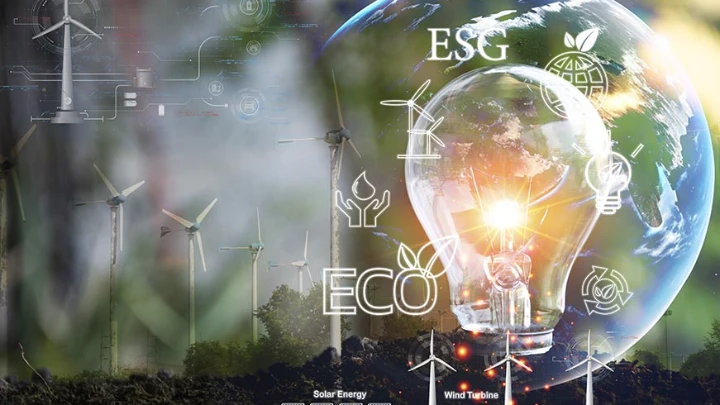Energy is a key requirement for a country’s development. Every primary, secondary, and tertiary sector activity, such as agriculture, education, health care, manufacturing, construction and transportation requires energy.
Energy needs vary across the world’s regions. The important determining factors in this regard are the size of a population, the rural-urban status of settlements, and the scale of activities undertaken. For example, some less populated, high-tech nations can consume a lot of energy. Similarly, populous cities can have enormous energy needs.
Generally, nations derive energy from a combination of sources. These mainly include coal, oil, and natural gas (or fossil fuels). Some have developed nuclear power production capabilities. However, there is an increasing recognition of the fact that the current practice of drawing energy from fossil fuels is resulting in their depletion and disturbing the ecological balance.
Another concern is the release of pollutants in the air due to the burning of fossil fuels, which has adverse effects on living beings and the environment. Some of these negative impacts include ocean acidification, extreme weather conditions (i.e. long-duration heatwaves, intense cyclonic activity and rainfall resulting in landslides and flooding), global warming, air and water pollution, loss of biodiversity, and a decline in people’s health.
There is an increasing recognition of the fact that the current practice of drawing energy from fossil fuels is resulting in their depletion and disturbing the ecological balance.
The aforementioned impacts are an important reason for an increasing number of nations shifting to cleaner (i.e. environment-friendly) and renewable energy sources, such as hydropower, municipal waste, wind, solar, biomass, geothermal and biogas.
In this regard, the UN cautions nations against the continued use of fossil fuels and suggests measures for reducing dependence. Further, the World Economic Forum has developed a framework and index to assess where countries lie on energy transition. The Energy Transition Index (ETI) values are derived based on a review of two aspects: the current energy system performance and readiness for transition. The results show that the European countries of Sweden, Denmark, Finland, Switzerland and France received the highest ETI scores; emerging economies (including Brazil and China) made notable progress though disparities in investments and regulation remain. Of the total 120 countries reviewed in 2024, India ranked 63rd.
This article describes clean energy initiatives introduced in select nations and the progress achieved in this endeavour.
International initiatives
Countries are in various stages of energy transition. Sweden, for example, is described as a leader in building a low-carbon economy. The government has taken advantage of their natural resources and uses a combination of renewable energy sources. Its dependence on fossil fuels is reduced through the policy instruments of taxes (carbon tax), permits, regulations, targeted Research and development (R&D), climate funding schemes, and investment grants.




